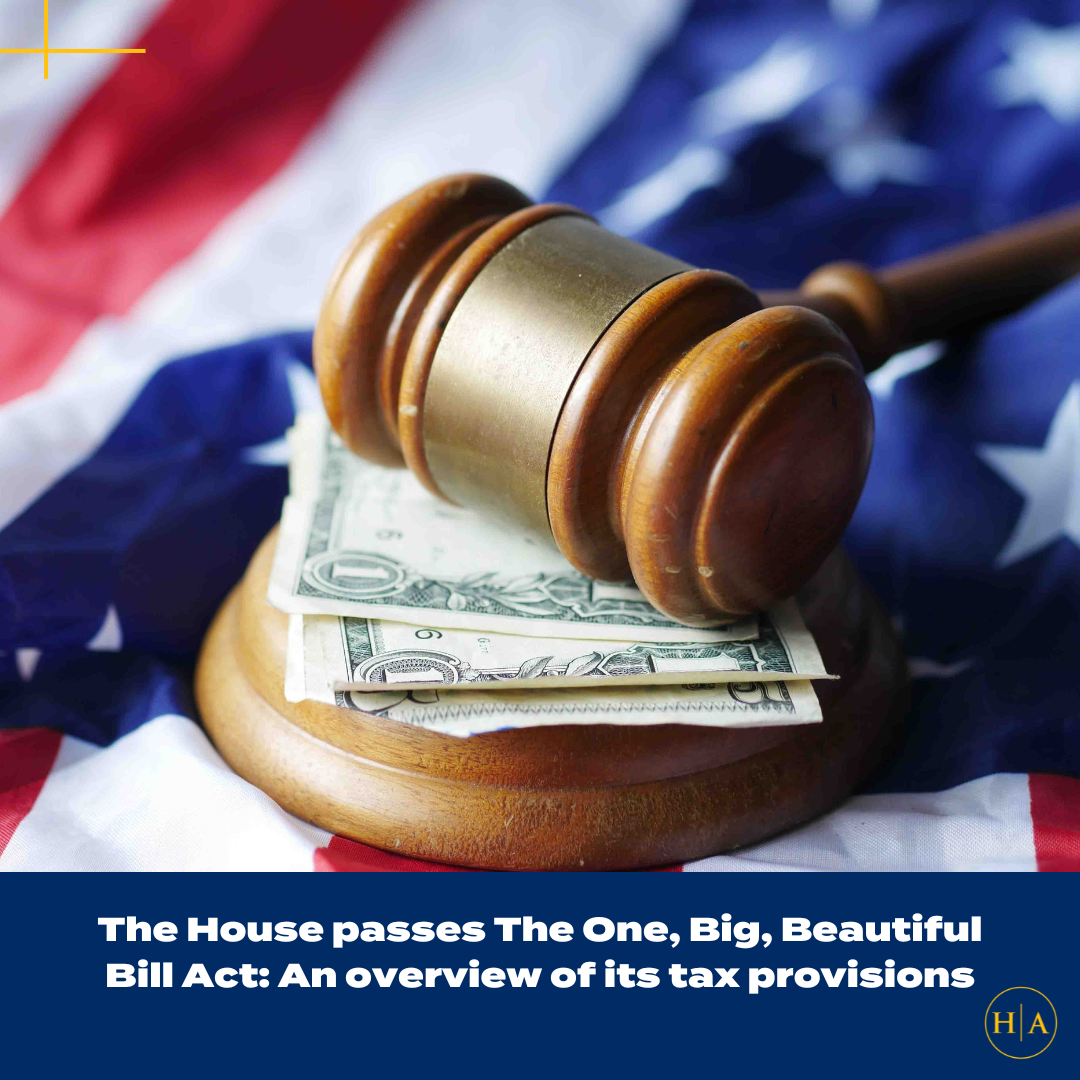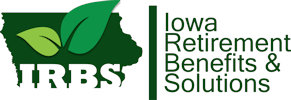What the “One Big Beautiful Bill” Means for Retirees
What the “One Big Beautiful Bill” Means for Retirees
Posted by Ethan Ball, CRPC
Serving Cedar Rapids, Iowa, and Surrounding Areas.
A New Law with Big Implications
On July 4, 2025, the One Big Beautiful Bill Act (OBBBA) was signed into law. It’s one of the most sweeping budget bills in years, with provisions that affect taxes, retirement planning, healthcare, and estate strategies. Whether you’re already retired or planning for retirement soon, this bill could have a meaningful impact on your financial picture.
Let’s walk through the highlights, and how you may benefit.
Bigger Tax Breaks for Retirees
One of the most notable features of the bill is the new “Senior Deduction.”
Retirees 65 and older can take an additional $6,000 deduction on top of the standard deduction (or $12,000 for couples).
As a result, many retirees may owe less—or nothing at all—on their Social Security income.
In fact, the Social Security Administration estimates that about 88% of retirees will not pay federal tax on their benefits in 2025, up from about 67% previously.
This is a great opportunity to review your 2025 tax strategy and possibly increase your tax-free income.
Estate Planning Got More Generous
For families thinking about wealth transfer, the new law makes a big move: The federal estate and gift tax exemption has been permanently increased to $15 million per individual ($30 million per couple).
This gives high-net-worth households more flexibility in passing wealth to heirs—whether through trusts, gifting, or direct transfers.
If you haven’t updated your estate plan recently, now is an excellent time to revisit it.
529 Plan Uses Expanded
Educational savings plans (529s) are now more versatile: Funds can now be used for K–12 tutoring, caregiver training, and more—not just college.
Rollovers into Roth IRAs for beneficiaries remain an option as well, adding to long-term planning flexibility.
For grandparents or parents helping with education costs, this opens up new planning strategies. 
No Changes to RMDs (Yet)
Required Minimum Distributions (RMDs) will still begin at age 73 (rising to 75 by 2033) under the SECURE Act 2.0. However, the Treasury Department has been directed to study potential changes, such as:
Whether Roth IRAs or large balances in employer plans could be subject to new RMD rules.
It’s not policy yet, but something to keep on your radar—especially if you’re thinking about Roth conversions or consolidating retirement accounts.
Healthcare: Some Changes to Be Aware Of
While Medicare remains intact, the bill reduces funding for Medicaid and other public health programs. This could lead to:
Tighter eligibility for long-term care programs in certain states.
Changes in subsidies for those under 65 who use the ACA (Affordable Care Act) marketplace.
For retirees counting on Medicaid to cover nursing home care or those helping family members with healthcare coverage, this is an important area to monitor.
Time-Sensitive Opportunities
Many provisions in the OBBBA are set to expire after 2028, including:
-The senior deduction
-Certain tax breaks for tip and overtime income
-Expanded 529 uses
That means retirees may want to act sooner rather than later to take full advantage of these short-term opportunities.
What This Means for You
While every retiree’s situation is different, here are some key takeaways:
| What to Review | Why It Matters |
|---|---|
| 2025 tax return | You may qualify for additional deductions that reduce or eliminate taxes on Social Security |
| Estate plan | Higher lifetime exemptions allow for more tax-free transfers to heirs |
| Roth vs. traditional accounts | Possible future changes to Roth RMD rules make planning ahead important |
| Healthcare funding | Medicaid and ACA changes could impact long-term care and pre-65 coverage |
| Timeline of benefits | Some provisions sunset after 2028—timing matters |
Final Thoughts
The One Big Beautiful Bill brings both opportunity and change. For many retirees, it could mean meaningful tax savings, more flexible planning tools, and greater clarity around estate strategies. At the same time, it’s a reminder to stay proactive—especially with healthcare planning and retirement distributions.
If you’re wondering how this affects your situation, or want to explore ways to take advantage of the new rules, we’re here to help.
Let’s talk through what’s next—because a good plan isn’t just about reacting to change… it’s about using it to your advantage.
Ready to Take Control of Your Retirement?
Schedule Your Free Financial Strategy Session
Email us at info@iowaretirementsolutions.com
Call us at 319-423-3332
Click here to schedule your free consultation.
Investment advisory services are offered through Fusion Capital Management, an SEC registered investment advisor. The firm only transacts business in states where it is properly registered or is excluded or exempted from registration requirements. SEC registration is not an endorsement of the firm by the commission and does not mean that the advisor has attained a specific level of skill or ability. All investment strategies have the potential for profit or loss.




